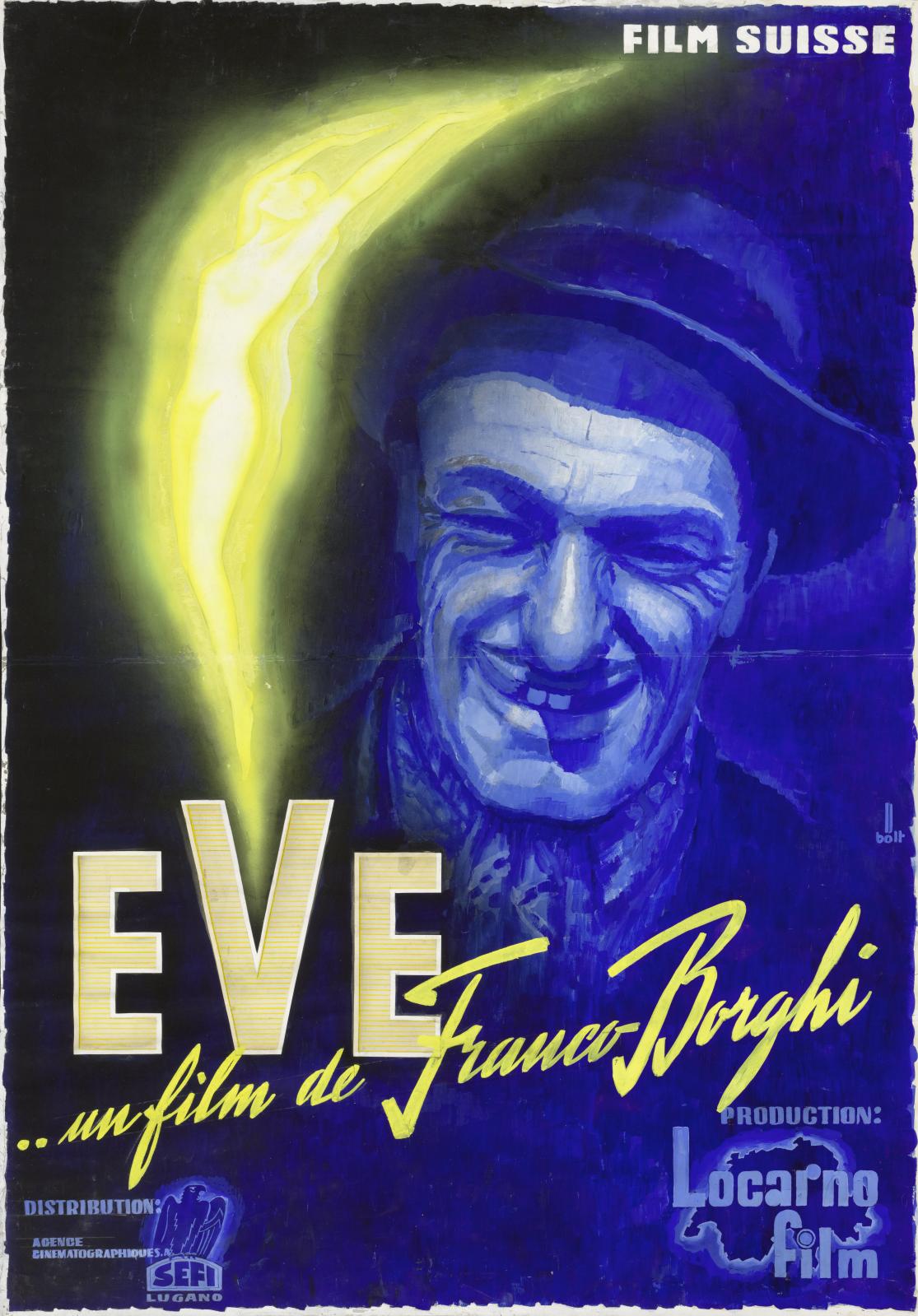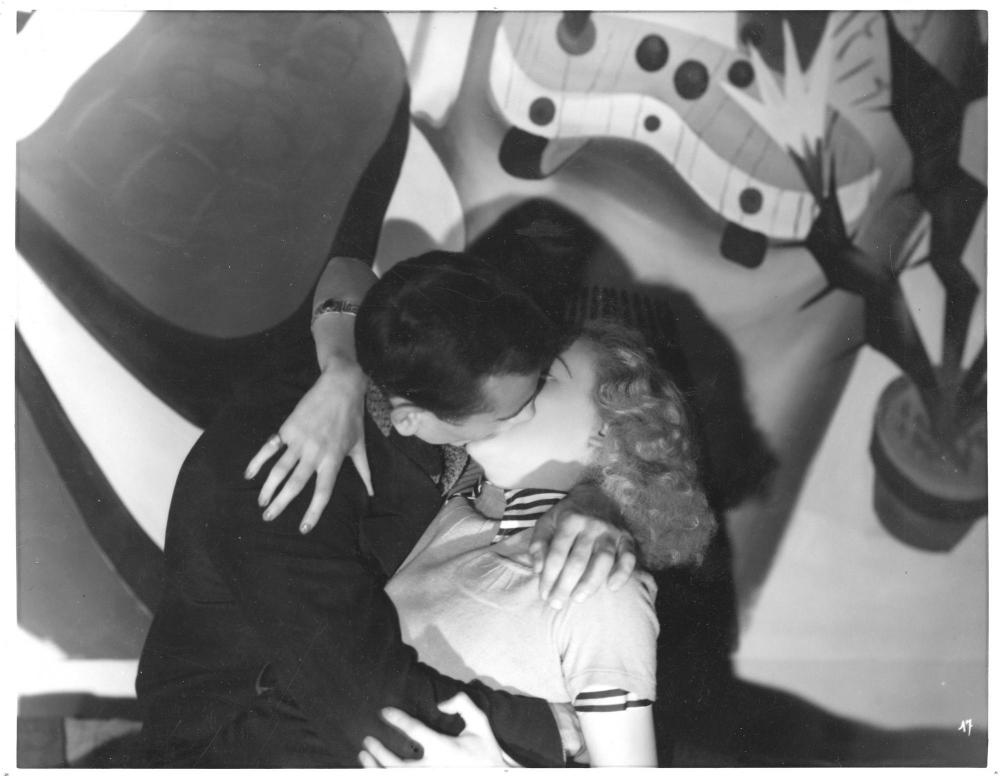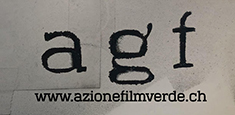Eve
It is the story of two lovers and their impossible love.

Locarno Films
It is the story of two lovers, of an impossible love. Marco Sandri, aesthete and musician, meets Claudie in Paris, they fall in love. She from a previous relationship has a son, who falls ill and dies. Convinced that she has sacrificed her son to passion, Claudie interrupts the relationship, Marco flees without destination, we find him in a tavern in Ticino, where Plix, the drunkard of the country but sensitive person, consoles him, invites him to a party of fishermen and helps him to overcome the impasse love without tragedy, with laughter and dreams.
Born in Locarno in 1916, Franco Borghi, after studying literature and economics in Lugano and Milan, went to Paris at the age of twenty, not before having founded the Poetry Theatre in Lugano. In Paris, he decided to change his name to Francis, in the French style (he was a convinced anti-fascist and liberal and refused to share his name with the Spanish dictator). In the years from 1936 to 1938, he had "the opportunity to study and get to know the world of cinema in depth", and met directors like the Swiss Jean Choux, Abel Gance, Marcel L'Herbier or Jeff Musso, who bought him a screenplay, La vache sacrée. Musso himself agreed to finance his directorial debut with his company, Derby Films. In Paris, Borghi began to cultivate the idea of creating a Ticinese film industry, "seeing that the projects presented in those years by foreigners had not been followed up", he wrote. He returned home with the idea of making Eve; he opened the Locarno Films production company that would produce the film and, in addition to directing it, he starred in it alongside Claudie Farges and André Mondini, a local exhibitor who would be one of the founders of the future Locarno Festival. It is the story of two lovers, of an impossible love, a sort of cinematic poem with symbolist and surrealist overtones. Despite a rather positive reception from the press, the film did not find its audience. It was not helped by a boycott in German-speaking Switzerland, where this "Ticinese, symbolist and surrealist Eve does not please those who hold to pure, hard-line nationalism" (Hervé Dumont). Despite so many projects, Locarno Films did not survive for long. Francis Borghi, after a last attempt at cinema, turns to radio where he will become a director of renowned radio dramas, as well as of the television script La röda la gira directed by Vittorio Barino. Borghi died in Cureglia in October 2005. Unfortunately, the original negative of the film Eve has been lost and there is no copy of the film available. All that remains is the original trailer of the feature film, which can give us a small idea of the missing film.
Frédéric Maire, Director Cinémathèque Suisse







